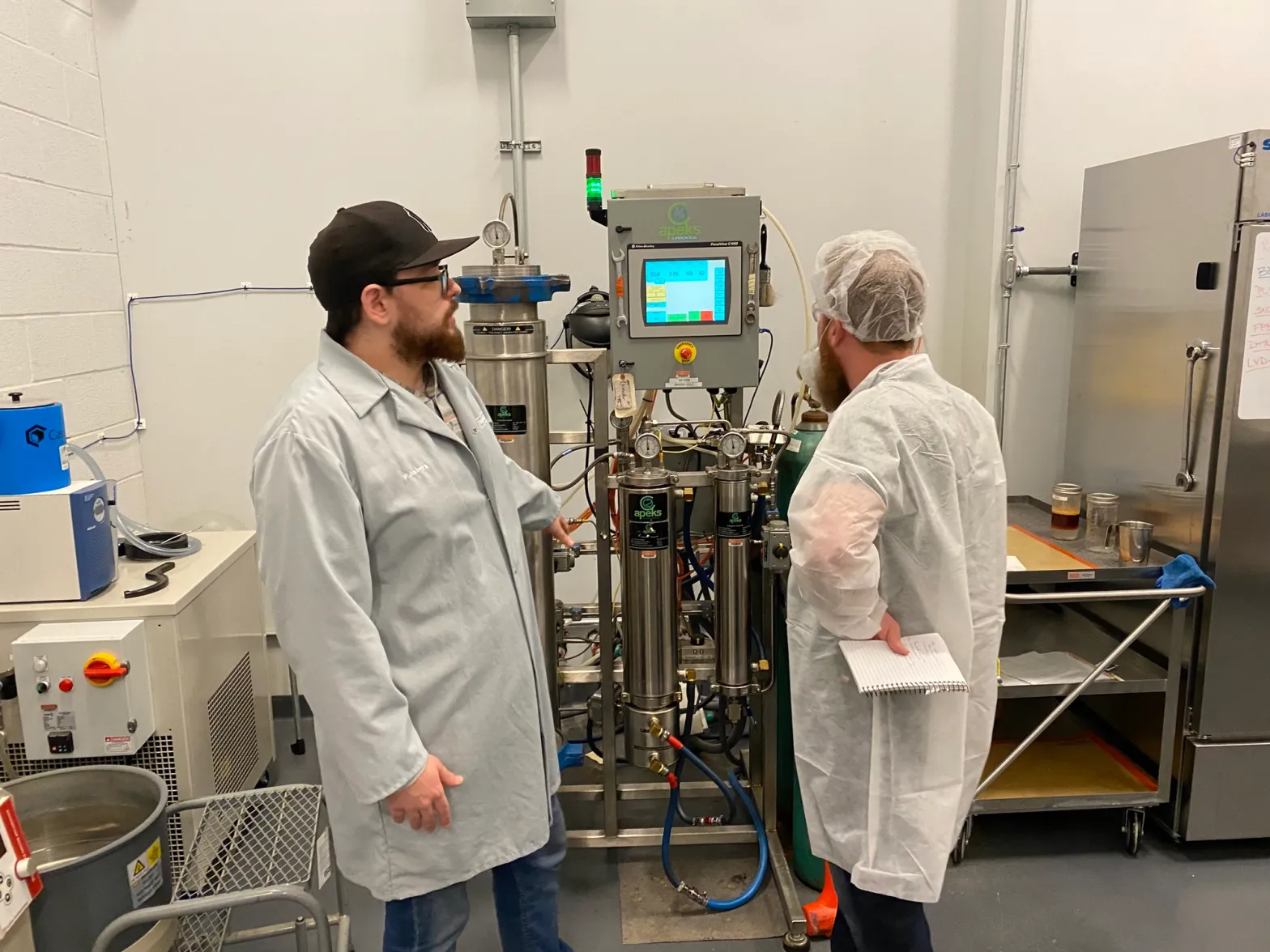
Michigan cannabis regulators backed away from plans to allow the conversion of hemp oil to THC oil in the state, news met with a big sigh of relief from growers and cultivators.
The Cannabis Regulatory Agency (CRA) announced the decision last Friday after concluding there was not enough data on the effects of the products on consumers to support it going forward. The original plan was met with widespread backlash from many companies in the state.
“After receiving a significant amount of public comment regarding safety concerns and the lack of scientific and public health data related to the conversion process…, the Cannabis Regulatory Agency (CRA) has withdrawn this request for rulemaking,” a spokesman for the Cannabis Regulatory Agency said.
The CRA – formerly known as the Marijuana Regulatory Agency – conducted hearings in February for a plan that would allow hemp growers to sell plants to cannabis processors to convert cannabinoids such as CBD into THC.
Robin Schneider, executive director of the Michigan Cannabis Industry Association, said that many in the organization that supports more than 300 businesses were opposed to the idea on safety grounds regarding the unknown effect of synthetic products on consumers. This includes other hemp growers in spite of the profit they would make.
“The deciding factor was definitely the lack of any concrete scientific information,” Schneider said. “I didn’t see a ton of support from the hemp community on this.”
Joe Brown, executive director of the Michigan Hemp Farmer Association said that the health concerns were valid, as well as the belief that the sales would negatively impact the cannabis industry in the state. Analysis: Don’t call it “social equity”, Illinois is really trying to eliminate the underground market
“The real winner here is the consumer,” Brown said. “We believe that every part of the plant should be used, but we need to put consumer safety first.”
Many growers and operators pointed out the lower cost of entry for hemp licenses compared to cannabis licenses in the state. The cost for the hemp grower license is $100 and the processor-handler license is $1,350 and the cost of a Class B license to grow 500 plants is $6,000 and can cost up to $40,000 in licensing fees.
“These legacy companies would be decimated,” Brown said “They wouldn’t be able to compete. If you’re a small cannabis company, you do not want conversions.”
Dave Murray, owner of cultivator and dispensary Redbud Roots in Muskegon, said that he supported shutting the plans down despite the money he would get from it.
“It would feel pretty sleazy,” Murray said. “It just doesn’t feel like the real thing.”

